The Fourth Industrial Revolution (4IR) is critical to reigniting the South African economy in the wake of the pandemic
The Fourth Industrial Revolution (4IR) is critical to reigniting the South African economy in the wake of the pandemic, and ensuring the country hits its targets of creating 11 million jobs and reducing unemployment to 6% by 2030, stated Clive Govender, CEO and founder of CGC Consulting and ADAPT Digital Solutions
The session was hosted by Neil Hume, natural resources editor at the financial times. Govender made up a panel of experts at Mining Indaba 2021, discussing the benefits of 41R and its acceleration due to the coronavirus pandemic and what this means for mining workers across South Africa and the continent.
He said, “There are opportunities now. Building a digital platform that includes SMEs into the platform will allow them to see opportunities across the entire industry as a whole. The biggest challenge when we talk to SMEs from mining communities is they feel they don’t get the opportunities as they don’t have transparency. Digital platforms and the new way of working could solve a lot of these problems for SMEs and communities.”
Reflecting on his experiences, Alfred Baku, executive vice-president of Gold Fields, added, “As a mining company we had to ensure operations continued and we had to develop business resilient plans and for this the supply chain was crucial. We had to maintain strategic inventory levels of regions. What we did was build a strategic alliance with local suppliers and source some suppliers from different locations such as India. With new technology we were able to track our supply chain activities and also ensure there was reduced disruption because of restrictions on shipments.”
Sabine Dall'Omo, CEO of Siemens Southern and Eastern Africa, believed that the pandemic had definitely sped up the industries transition to tech and digitalisation that, all the panellists agreed, had been lagging behind other sectors such as agriculture and energy for quite some time.
Dall’Omo said, “Over the last eleven months, specifically after the hard lockdown, we have seen digital technology applied everywhere. Because of digital solutions we are able to service customers in South Africa as well as those in countries like Zambia and Ghana because we were able to remotely log in. The ability to do these things was always possible before but we never did them.”
Turning to mining workers at ground level, the participants each acknowledged that there was fairly widespread concern that 4IR would lead to things like job losses and have real socio-economic implications for people and communities around mines that were moving to automation. However they agreed that the switch to automation and digitalisation was not something to be feared, but to be embraced.
Nicky Black, director of social and economic development at ICMM, said, “The ICMM does not see this differently from the mining companies on the ground. Our members represent about a third of the global mining community. All of them have committed to a 15 year programme, called ‘skills for our common future’ which tries to engage directly with this challenge.
“Overwhelmingly, leaders in our sector expect the nature of the workforce to change in the near term; nearly 95% predict a transition to more skilled employees over the next five years. It is clear that unskilled workers are going to be the most impacted. But the bigger picture is that is not just happening in mining but across all sectors. While there is significant disruption coming, the expectation from the World Economic Forum and others is that on balance more jobs will be created than lost. By 2025, they expect 85 millions jobs to be displaced, but 95 million will emerge.”
Echoing these comments, Nombasa Tsengwa, managing director of minerals at Exxaro Resources, said, “This is something that has got to be thought through very carefully as it has a bearing on the welfare of the workforce and therefore you are bound to get resistance. You need to be very clear about how you are going to approach 4IR, starting with communicating the benefits of automation. Most mistakes made by many companies have been to re-imagine the workplace without including the labour. From our experience you have got to start with a very clear communication platform; why we are doing this and how is it going to benefit.
“Take your employees on this journey so they can go back to their members and say this is necessary and good for us. Some things get miscommunicated such as ‘you will lose your jobs’ or ‘robots are coming to take your jobs’, but if you really map out what your journey is going to look like, there is a lot of skills on the mine that you can upskill to white collar jobs.”
Tsengwa concluded, “The leadership has to be transformative, has got to listen to the people and place itself in line with the socio-economic conditions of the country. Communities depend on these mines and if you don’t take them along, you will have a challenge.”
Article written by Mining Indaba Virtual's silver media partner African Review. For more information, please click here.



.jpg?ext=.jpg)

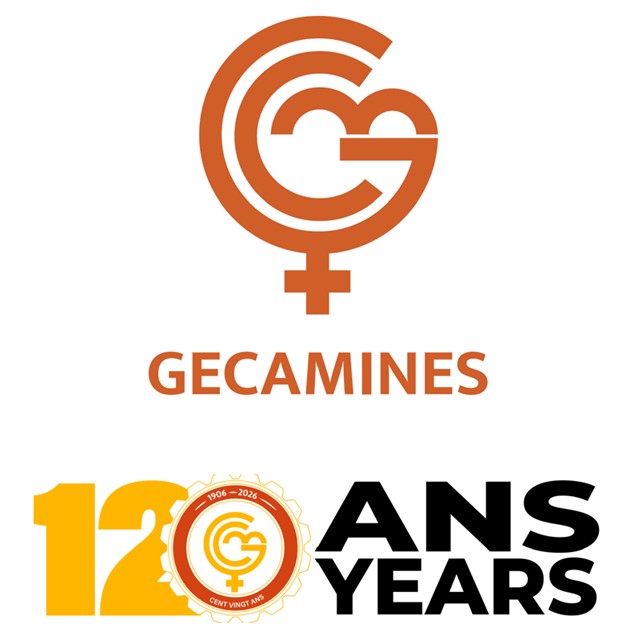


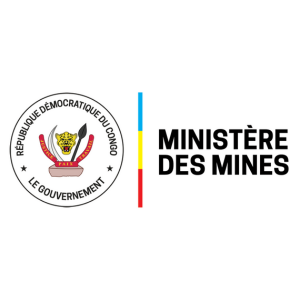



-Logo_CMYK_1.jpg?width=1000&height=500&ext=.jpg)







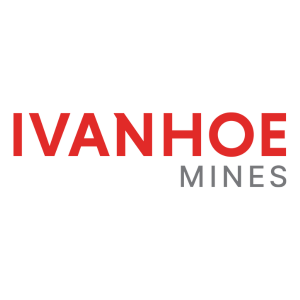



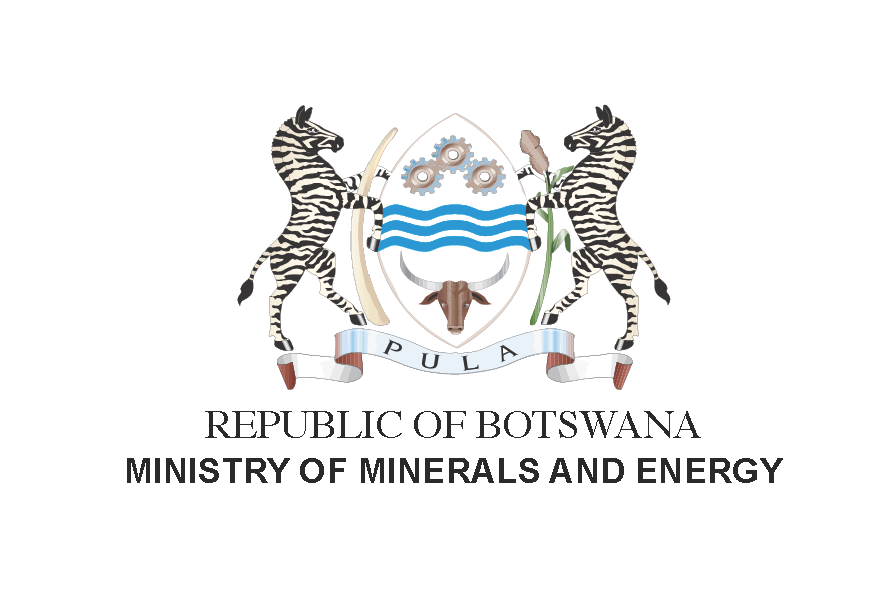.png?width=300&height=208&ext=.png)

_mi25-weblogo.png?ext=.png)

_1.png?ext=.png)






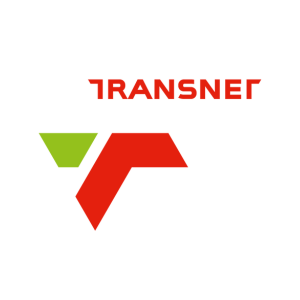





























_logo.png?ext=.png)

_mi25-weblogo.png?ext=.png)




